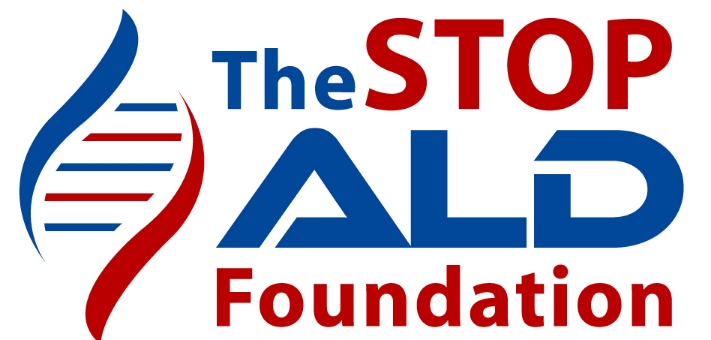MD1003 Update
MD1003 is an experimental medicine that consists of extremely high doses of pharmaceutical-grade biotin. Whereas daily biotin requirements are in the range of 30 MICROgrams/day (mcg), this agent is dosed at 300 MILLIgrams/day (mg). There are 1,000 micrograms in ONE milligram.
ALD Connect Work Group 3 had a discussion with Dr. Frederic Sedel, the CEO of MedDay Pharmaceuticals in May 2015. MedDay is the French biotech that is developing MD1003 in both multiple sclerosis (MS) and adrenomyeloneuropathy (AMN). Biotin is also known as Vitamin H or Vitamin B7. Recently, the company reported positive data in Progressive MS, so we wanted to hear Dr. Sedel's advice for AMN patients who might be interested in taking alternative forms of MD1003 off label. There is a European AMN trial ongoing with results expected next summer (2016).
In spite of a promising outcome in MS, there are concerns unique to AMN that prevent a direct correlation between the two diseases. In fact, that is one reason the company is advancing the AMN clinical trial. Here are some specific issues that Dr. Sedel shared with The Stop ALD Foundation:
Possible Impact on AMN
Biotin is a co-factor for several enzymes involved in energy production and as such is believed to be beneficial for AMN patients. Biotin is also a cofactor of acetyl – CoA carboxylase. This carboxylase is involved in fatty acid synthesis and may play a role in myelin synthesis. Due to its role in fatty acid synthesis it is theoretically possible that MD1003 may impact (increase) VLCFA levels. Although the effects of VLCFA in ALD remain to be fully elucidated, there are a percentage of AMN patients who convert to cerebral onset, which is a more severe disease. Thus there may be a theoretical increased risk for deleterious effects in the background of increasingly elevated VLCFA’s. However, VLCFA increase has not been observed so far in preliminary studies in one patient treated by MD1003, nor in laboratory experiments using patients’ fibroblasts (skin cells).
Teratogenicity (Birth Defects)
It is still not clear if these very high doses of biotin might be associated with birth defects. Teratogenicity has been observed in one animal species at a dose close to the therapeutic dose used in humans. Given the gravity and seriousness of such a side effect, it is strongly recommended that women of childbearing age avoid this product. It is also not known if any effects might be transmitted through a man's reproductive organs.
Laboratory Abnormalities
Investigators learned from the Progressive MS trial that several patients on MD1003 experienced a series of abnormalities on blood tests. Although the lab work was indicative of a disease state in 4 patients (hyperthyroidism), it turned out that these were only artifacts because there is something about the high-dosed biotin that interferes with immunoassays. For example, a person on MD1003 may appear to have thyroid abnormalities to the point where a prescription is provided or even surgery is recommended. The challenge is how to distinguish some of these artifacts from real disease? The lab work would appear the same, regardless of whether the patient is sick or not, and not all diseases are accompanied by overt clinical symptoms. This confusion can be the case with dozens of lab tests in a person on high dose biotin. In contract to the previously mentioned potential for AMN exacerbation and teratogenicity concerns, this is a proven effect associated with the drug, and not just a theoretical or hypothetical happening. Of note, interferences are only observed with certain analysers using biotin as a reagent. The tests can be accurately performed after stopping the treatment with MD1003 for several days (at least one week).
Altered Lab Results Impacting Cortisone Pathways
Given the common incidence of adrenal insufficiency associated with ALD/AMN, and the ongoing and critical need for adrenal replacement, it is essential that patients have accurate ACTH and cortisol monitoring. These laboratory tests can be confounded in patients on MD1003, which could affect proper steroid dosing, and lead to adrenal crises.
Going forward MedDay is developing careful management and educational tools to address the issue of abnormal lab results, which can happen in an estimated 100 different tests.
Purity of Product and Intellectual Property
The product contained in MD1003 is pharmaceutical grade biotin. This is quite different than supplement-grade products, which do not have the same ongoing requirements of purity and potency. Supplement content can vary from batch to batch and also may contain impurities.
That being said, one can likely outsource pharmaceutical-grade manufacturing at an approved and certified facility and obtain pure biotin. As for any drug in development, it is not recommended that this be done outside the context of a clinical trial before the safety and efficacy data have been fully assessed.







